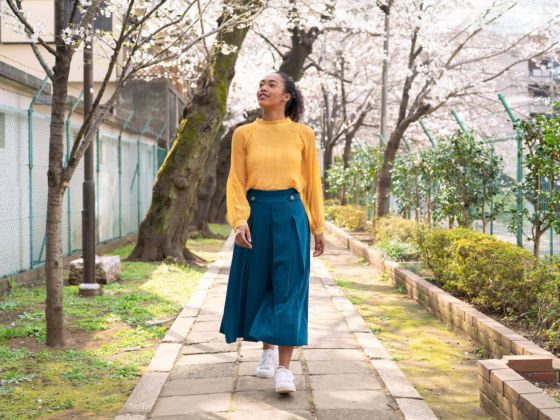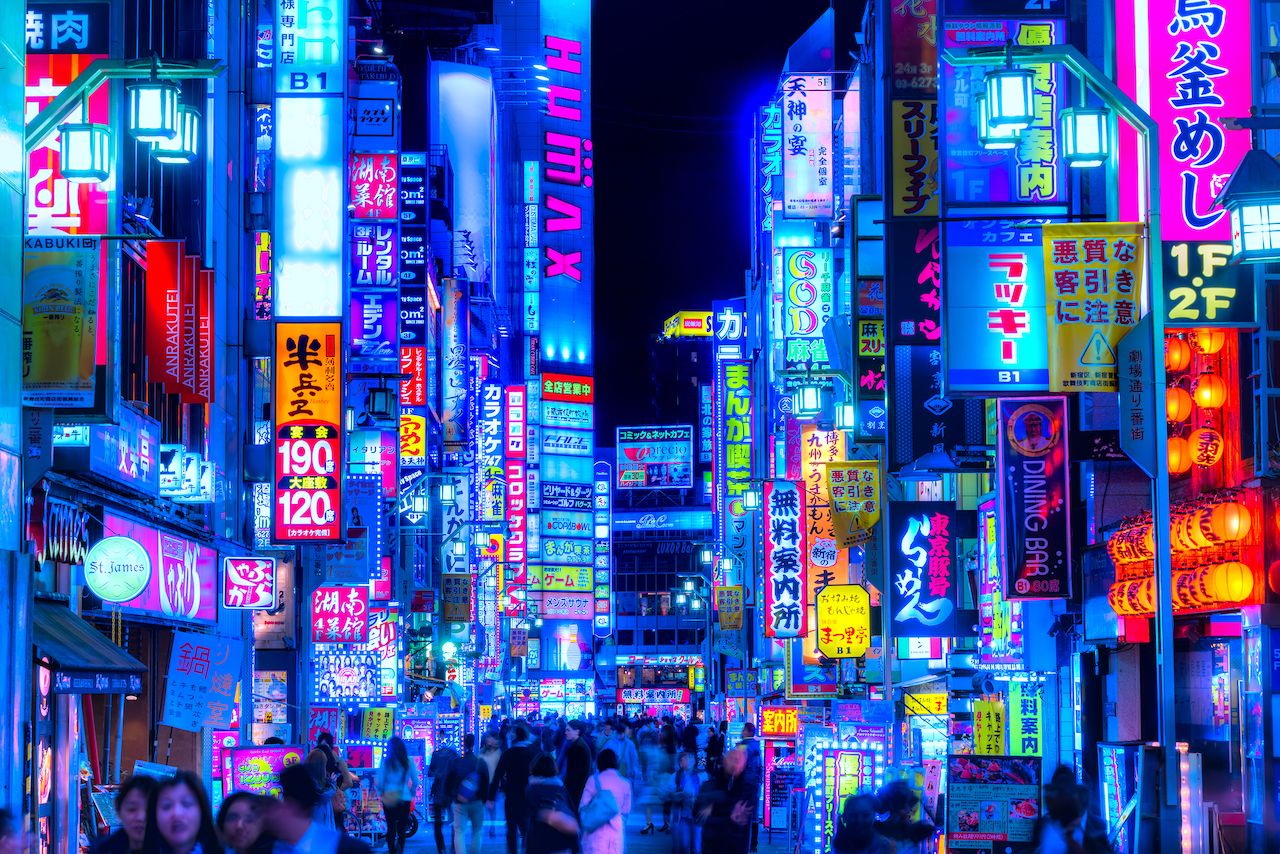“All they do is paper here,” says Ryan DeVon, a Black American graduate student at Soko University in Tokyo, Japan. “You want to change your address? New phone number? New parking sticker? Whatever it is. Everything is paper.”
We laugh together about the bureaucracy that Japan is particularly famous for. Though I am aware of it, DeVon has become intimate with it: Between navigating his visa, opening a bank account, starting a new job, and more, he’s definitely done his fair share of paperwork in Tokyo.

